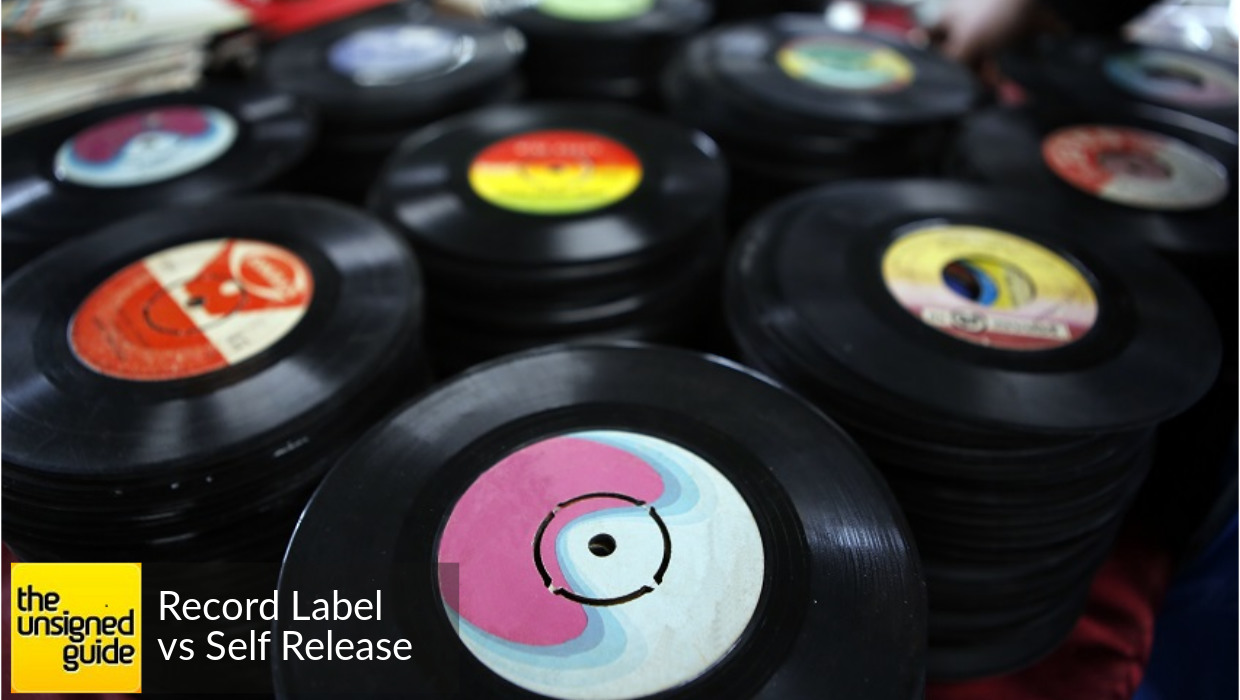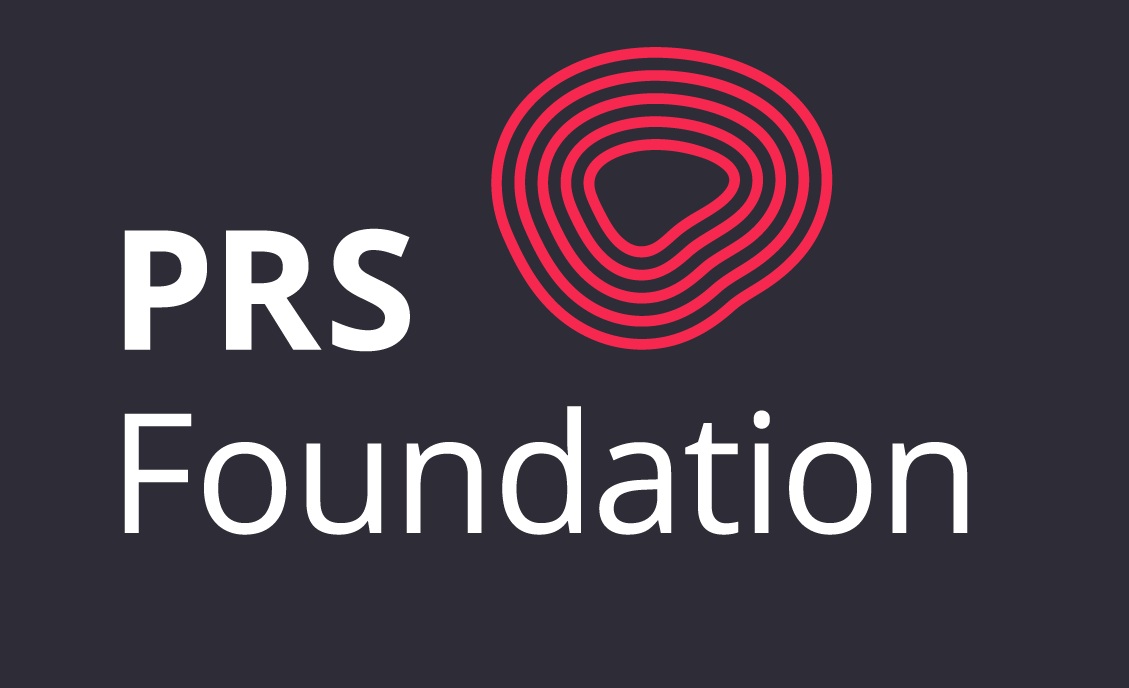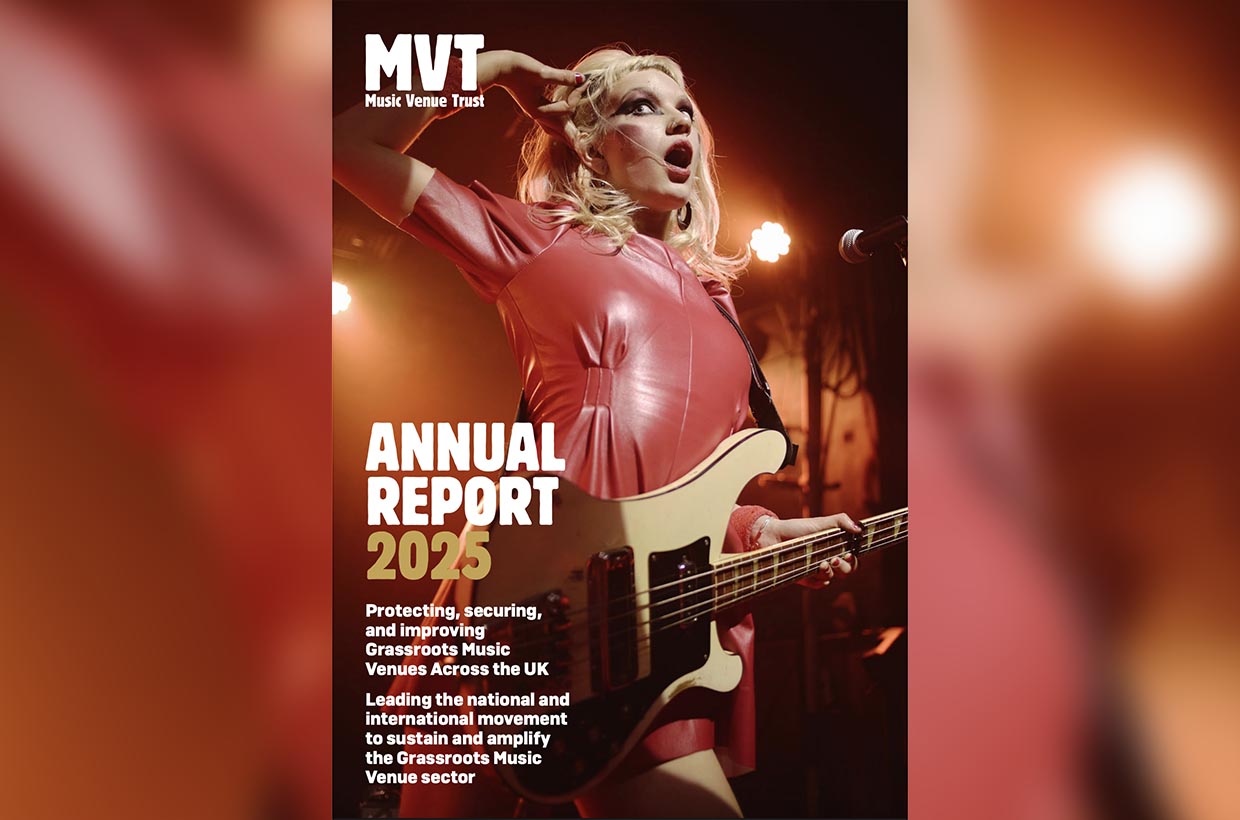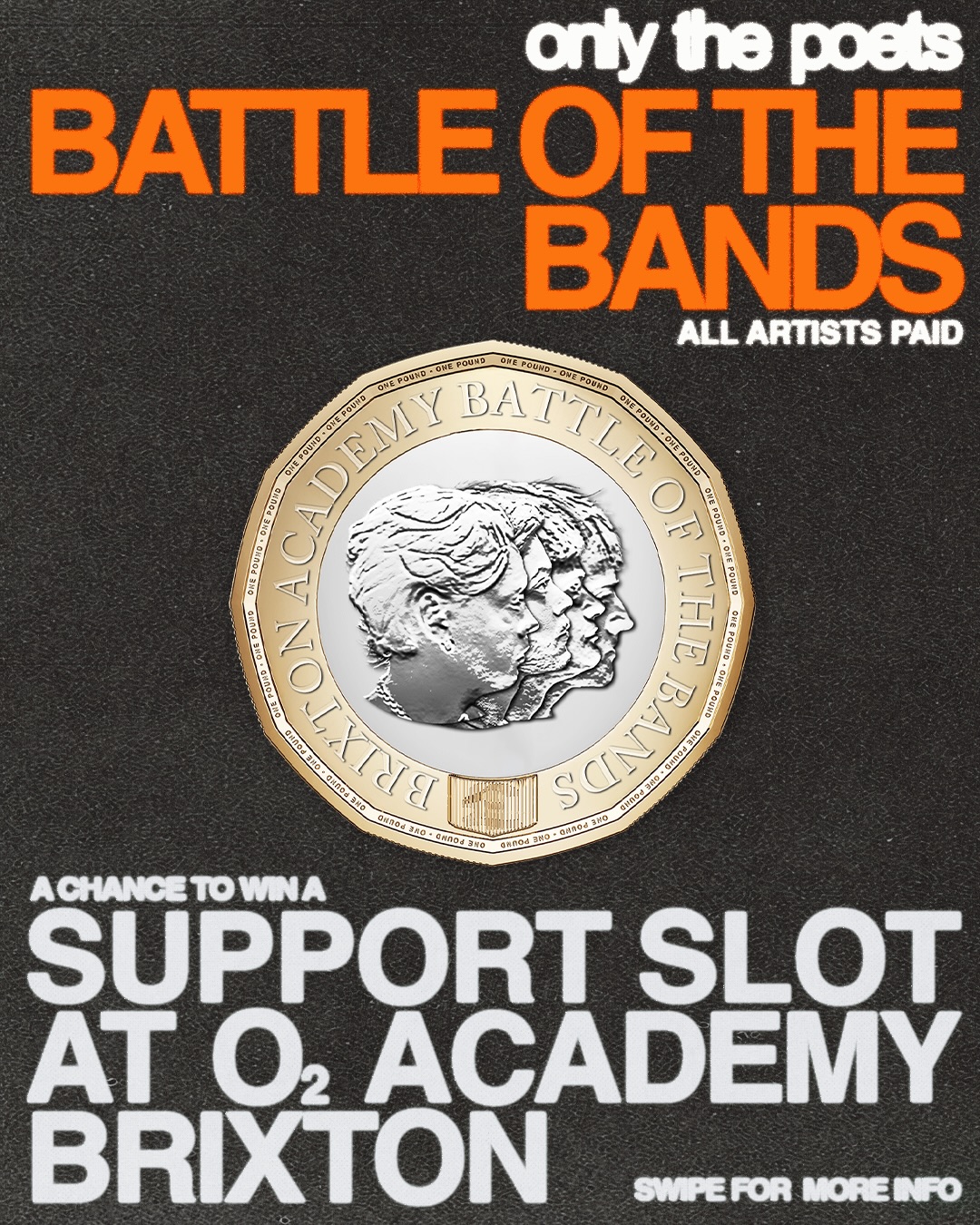Record Label vs. Self Release
Blog by Jamie Hamilton under Record Labels, Selling & Distributing Your Music

Back in the day, record labels were the gatekeepers to the music industry. This made it almost compulsory to court A&R interest if you wanted to get your music out into the wider world...
Fast forward to the streaming era and we see fewer barriers than ever for releasing music. As a result, many emerging artists are able to bypass record labels all together and deliver their tracks straight to the marketplace. This is great news for independent music, but is the DIY route always the best option for new bands?
Should the forward thinking musician be shunning labels altogether? To help you to find the answers to these questions, we've put on our research hats and investigated the good and the bad of both self-releasing and working with a record label.
Self-releasing: The 21st century way
With a wealth of streaming platforms and online distributors to work with, the quickest and easiest way to get your music out there is undoubtedly to self-release. There are countless distributors pitching their services at unsigned artists and small labels, many providing great, low cost services (you can find a list of music distributors in our UK music industry directory).
A successful release doesn't just consist of throwing your music onto the web and hoping for the best, but shopping around for the right distributor is still important. Many offer additional services such as playlisting and digital marketing campaigns. Rather than just opting for the cheapest option, it can be useful to weigh up these extras to see which company can provide the best all round deal. This blog by AIM may help you choose the right distribution partner to work with.
As well as generally being the quickest and most flexible option, going DIY also has some other obvious benefits. One of the biggest plus points of self-releasing is that you can have complete creative control of the process. Where a label might be driving for a particular look or sound, artists often feel best placed to make these decisions themselves.
You'll also get to keep a greater share of any profits made. 50/50 splits are now common-place in record contracts, which can be beneficial if your label uses this as an incentive to working hard on ramping up your revenue. However, some 360 deals may lead to record labels taking a percentage of everything, from album and ticket sales to sponsorships and merch. If you have a good head for business, you might want to try and keep as much of the pie to yourself as possible in the early stages of your growth.
Self-release success stories
There are plenty of self-release success stories, with the likes of Ed Sheeran, FKA Twigs and Stormzy all starting out via the DIY route. Many artists who start on this path can use their independent success as leverage to secure a better deal with a label in the future (or, in Stormzy's case, continue to self-release on a larger scale). Even some established acts have found themselves ditching the label and going it alone—notably, Radiohead and Frank Ocean.
So, why isn't everyone cutting out the middleman? Whilst there are plenty of advantages to self-releases, they also entail a lot of tough work and planning. Some independents relish this side of the job almost as much as the creative side. If you know what you're doing, or are willing to learn quickly, it is possible to make real progress without help from management/labels. However, there are still plenty of hurdles to overcome to make an impact on the industry.
It is worth considering that as more under the radar bands start to go it alone, it becomes increasingly difficult not to get lost in the vast amount of material being released every single day. The prestige of being tied to a label can in itself give artists an edge and make it more likely for a release to get noticed in the wider world.
Picking your team
A lack of time can be the biggest pitfall of the self-release. So much goes into a campaign that going it alone can be overwhelming, especially whilst in education or holding down a day job. From recording, mixing, mastering, packaging, branding and video content planning to press release writing, radio plugging, social media planning and tour date bookings - there are a million and one things to do and not much time to do it.
A lot of these steps also require the sort of contacts that most decent record labels already have in place. There are also the upfront costs that labels can help to cover; studio time, video/photo shoots, PR and distribution costs.
After all, record labels aren't all stern men in tailored suits. Most people working in the music industry do so for the love of music, and making an artist on their roster successful is beneficial for everybody involved. Sometimes it might be a case of finding the right label, rather than avoiding signing a contract at all costs.
If you're feeling a bit bogged down by the thought of a DIY release, signing to a good label is a decent option when it comes to getting some experience on-board and spreading the workload. If the right deal isn't forthcoming, you might consider building your own team.
To hark back to advice taken away from BBC Music Introducing Live; Bandcamp's Aly Gillani says, "Surround yourself with people who believe in you but are also constructively critical." Think carefully about the people you bring on board and what assets they can provide.
Final word
Whilst no longer the gatekeepers that they once were, record labels have a wide network of industry contacts that can be indispensable to an artist's burgeoning career. They'll take a hearty share of any revenue but overall profits may well be boosted from increased exposure.
Bear in mind that things can move a lot more slowly with record label involvement. If you're looking to strike whilst the iron is hot and get your releases out as quickly as possible, DIY is probably the best way.
Self-releasing can be a great experience for acts in the early stages of their development, helping them to gain a knowledge of the industry and possibly showing off their potential to prospective artist managers and labels. It is increasingly important for emerging artists to keep their finger on the pulse of a rapidly changing industry and keep their eyes peeled for any exploitative deals. So whichever path you plan to take, stay creative and keep learning.
Tags
Advice for unsigned bands and artists on self releasing music or using a record label






